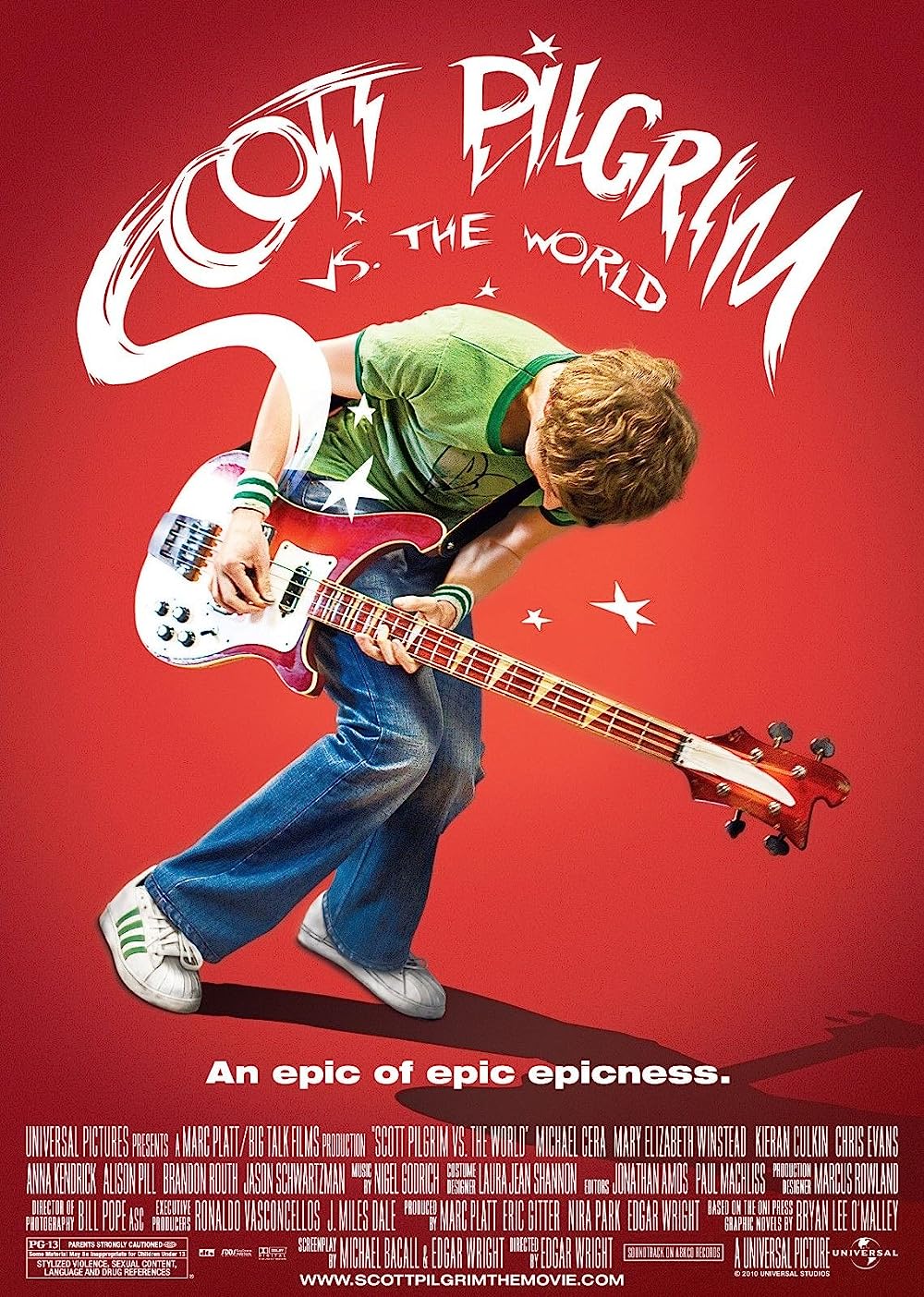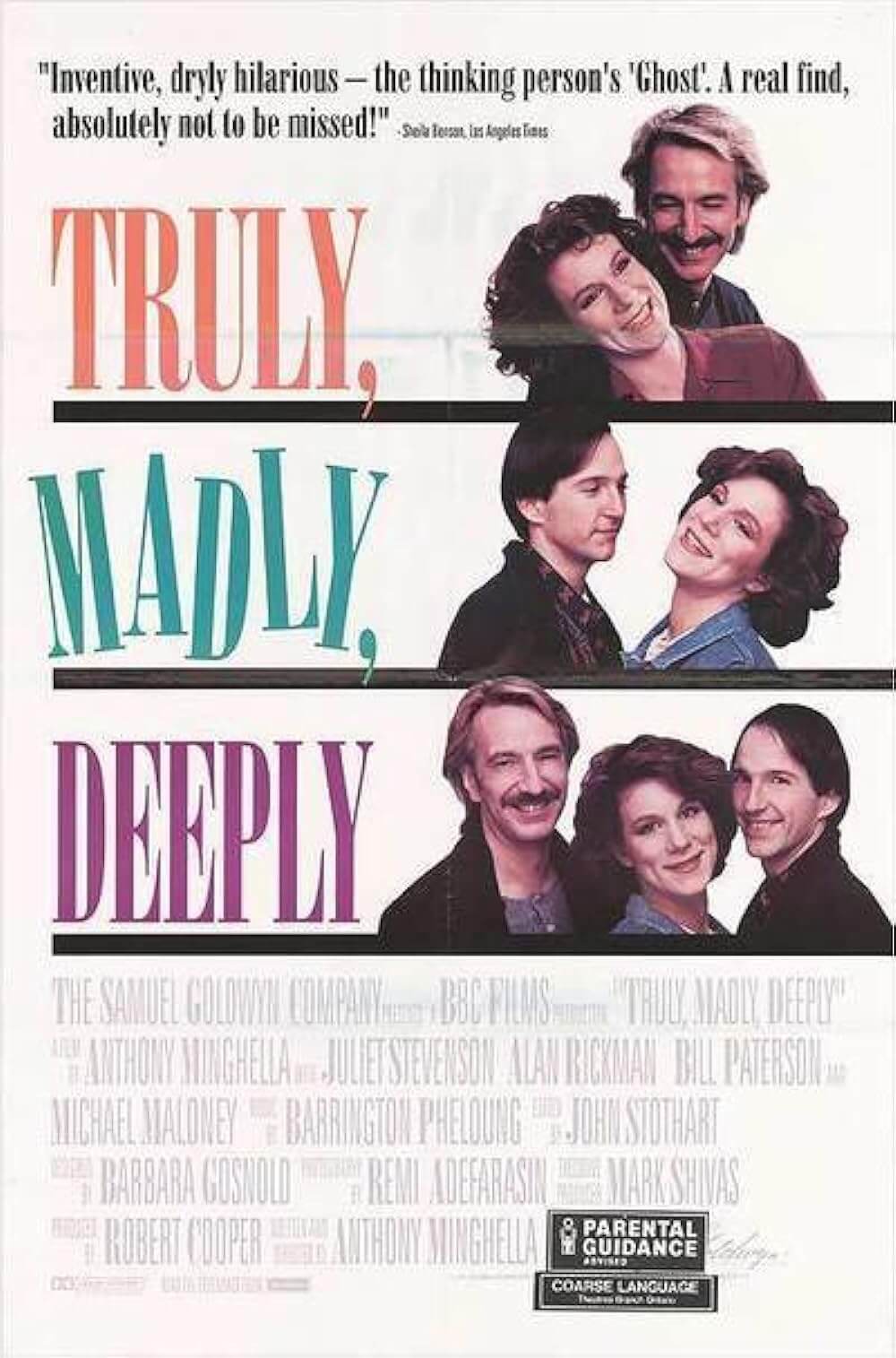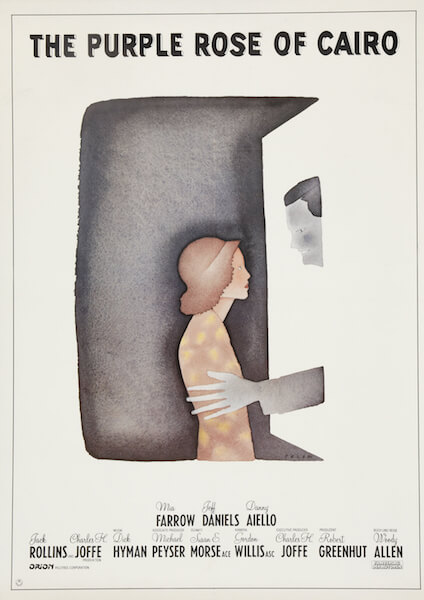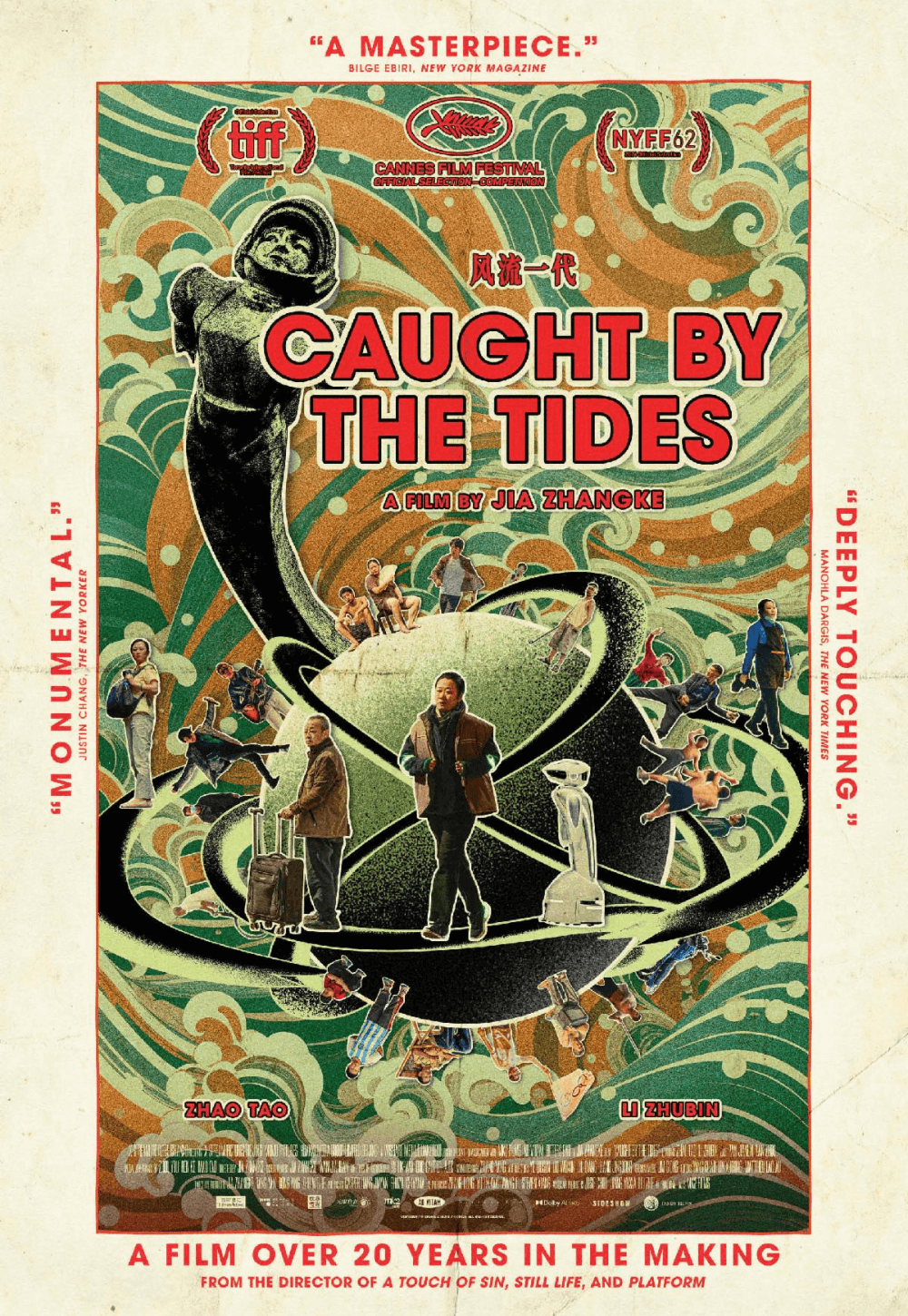
The Idea of You
By Brian Eggert |
Just because a movie features stock characters in a familiar scenario doesn’t mean it can’t repurpose and invigorate those tropes well. Exhibit A: The Idea of You, a formulaic romantic comedy based on the 2017 novel by actor-turned-author Robinne Lee. The best-selling book follows a 40-year-old woman who finds herself in a romance with a famous boy-band singer, delivering a fantasy shared by many fans of New Kids on the Block, NSYNC, Backstreet Boys, and One Direction. Full of the usual ups and downs, this charmer explores its adult characters with surprising dimension and care, making the material sing, even though we’ve seen versions of this story in various permutations countless times before. Director Michael Showalter knows how to make rom-coms; he helmed two terrific examples with The Big Sick (2017) and Spoiler Alert (2022). And while his latest has a kitschy logline and expected plot turns, it’s no less effective in delivering those predictable joys.
The movie’s story comes equipped with two main rom-com hooks: 1) the notion of a person dating a celebrity, and 2) the May-December romance between an older woman and a younger man. The former category has antecedents in Notting Hill (1999), Music and Lyrics (2007), and Marry Me (2022); the latter in Harold and Maude (1971), How Stella Got Her Groove Back (1998), and The Proposal (2009)—though, it’s far more common to see an older man with a younger woman, making the dynamic here a selling point. Fortunately, The Idea of You confronts this double standard in passing remarks and with a character who represents that hypocrisy. Showalter and co-writer Jennifer Westfeldt smartly adapt the material in a manner typical for a motion picture based on a book, refining characters, simplifying, and changing the ending to a more crowd-pleasing one.
Anne Hathaway gives a pleasant performance as Solène, a single mother pursued by Hayes Campbell (Nicholas Galitzine), the lead singer in a popular boy band called August Moon. The narrative kicks in when Solène’s jerkish ex-husband Daniel (Reid Scott), who left her for a younger woman, backs out of taking their 16-year-old daughter Izzy (Ella Rubin) to Coachella for a meet-and-greet with August Moon. So, she cancels her planned solo camping trip and resolves to take Izzy and her friends to the event. While there, she has an adorable meet-cute with Hayes that solidifies their mutual affection. Before long, Hayes shows up at Solène’s art gallery, buys out her entire inventory, and attempts to sweep her off her feet. That might seem like a splendid and showy gesture, but Hayes has a vulnerability that defies his one-note role as “the English one” in the group. Even so, Solène puts a stop to his courtship, fearing that the age difference between her and the 24-year-old performer may be an issue.
 At a certain point, after Izzy settles into summer camp and Solène receives some encouragement from her best friend (Annie Mumolo), Solène resolves to leap into the relationship and joins Hayes on the band’s European tour. But their coupling is soon fraught with complications. Solène feels uncomfortable around the other members of August Moon, who have twentysomething models clinging to their arms, despite Hathaway looking rather stunning and youthful. And Hayes’ friends question why a single mother has joined their tour. “Before you showed up,” says one particularly self-satisfied boy-band member to Solène, “he still acted like a pop star.” The most significant wrinkle arrives when the tabloids get ahold of the story and call her “Yoko Ono 2.0,” the paparazzi start hounding them, and the internet begins judging them. In this development, The Idea of You boasts a welcome critique of how people obsess over celebrities’ lives and somehow feel entitled to remark on them.
At a certain point, after Izzy settles into summer camp and Solène receives some encouragement from her best friend (Annie Mumolo), Solène resolves to leap into the relationship and joins Hayes on the band’s European tour. But their coupling is soon fraught with complications. Solène feels uncomfortable around the other members of August Moon, who have twentysomething models clinging to their arms, despite Hathaway looking rather stunning and youthful. And Hayes’ friends question why a single mother has joined their tour. “Before you showed up,” says one particularly self-satisfied boy-band member to Solène, “he still acted like a pop star.” The most significant wrinkle arrives when the tabloids get ahold of the story and call her “Yoko Ono 2.0,” the paparazzi start hounding them, and the internet begins judging them. In this development, The Idea of You boasts a welcome critique of how people obsess over celebrities’ lives and somehow feel entitled to remark on them.
Showalter’s presentation is polished, resisting many aesthetic choices that might cheapen this material. Cinematographer Jim Frohna’s handheld camerawork captures the intimacy of bedroom scenes and Solène’s emotionally uncertain state with its mild wobble. Elsewhere, Frohna and editor Peter Teschner (Marry Me) craft sequences where August Moon plays onstage, replicating the look of a concert music video. These are later intercut alongside the shots of Solène and Hayes swimming at the beach, walking, laughing, and flying to locations throughout Europe in the requisite picture-perfect falling-in-love montage. However, August Moon’s songs, produced by Savan Kotecha for the movie, don’t sound quite good enough to justify Solène’s dreamy-eyed response to them. She hasn’t regressed into a teenager again; she’s a mature woman who takes her emotional state seriously, so her sudden fandom seems unbelievable. Then again, everyone has their quirks. Maybe a committed boy-band fanatic would disagree with me about the quality of the music. However, I was more engaged musically by the brief scene of Solène and Izzy rocking out to St. Vincent in the car.
What works well about The Idea of You is the rapport between Hathaway and Galitzine, whose characters make each other happy and have a convincing chemistry. That bothers a lot of people in the movie. “People hate happy women,” remarks Solène’s friend. The movie features some light commentary on how their relationship would have experienced less conflict if their genders were reversed. In that respect, I wanted Solène not to care what other people think, ignore how strangers feel entitled to have an opinion about her personal life, and allow herself to be happy (tabloids and internet trolls be damned!). Even if that doesn’t happen, Showalter supplies a tidy ending for The Idea of You. Most rom-coms fail because filmmakers and studios try to force the formula instead of telling a good story. The Idea of You recognizes that all the movie needs is a rapport between the leads, good storytelling, and a happy ending. What a concept.

Consider Supporting Deep Focus Review
I hope you’re enjoying the independent film criticism on Deep Focus Review. Whether you’re a regular reader or just occasionally stop by, please consider supporting Deep Focus Review on Patreon or making a donation. Since 2007, my critical analysis and in-depth reviews have been free from outside influence. Becoming a Patron gives you access to exclusive reviews and essays before anyone else, and you’ll also be a member of a vibrant community of movie lovers. Plus, your contributions help me maintain the site, access research materials, and ensure Deep Focus Review keeps going strong.
If you enjoy my work, please consider joining me on Patreon or showing your support in other ways.
Thank you for your readership!
Brian Eggert | Critic, Founder
Deep Focus Review







